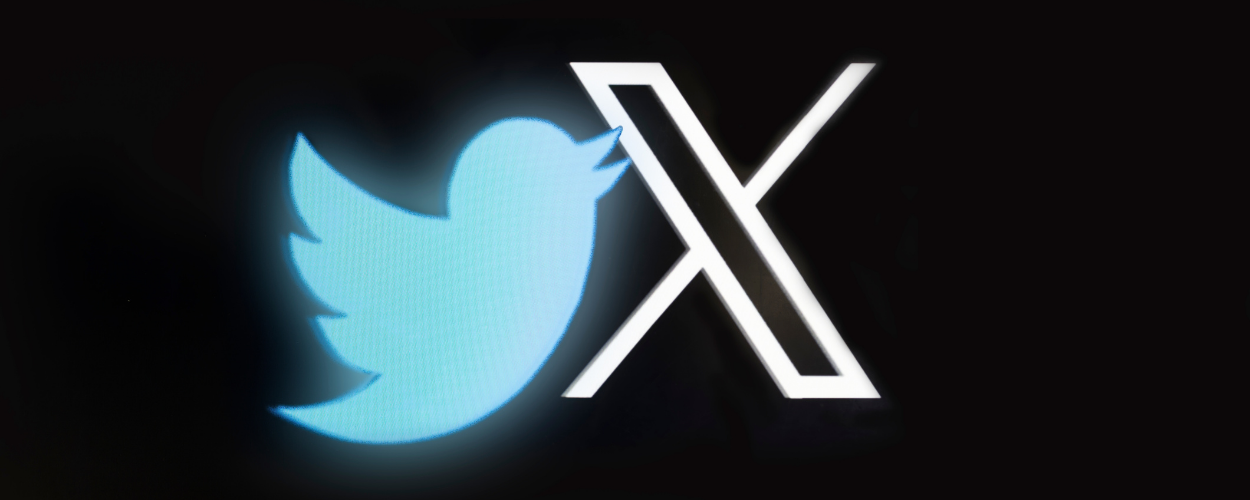This website uses cookies so that we can provide you with the best user experience possible. Cookie information is stored in your browser and performs functions such as recognising you when you return to our website and helping our team to understand which sections of the website you find most interesting and useful.
Business News Digital Legal Top Stories
Twitter argues for dismissal of music publisher litigation
By Chris Cooke | Published on Wednesday 16 August 2023

Twitter has responded to the lawsuit filed by a bunch of music publishers in June, which claimed that the social media firm “breeds massive copyright infringement that harms music creators”. The Twitter company – or X Corp if you prefer – wants the lawsuit dismissed on the basis that the publishers have failed to demonstrate how it is liable for any kind of copyright infringement.
“The complaint alleges that [Twitter] is directly, contributorily and vicariously liable for alleged copyright infringement arising from user posts”, a motion to dismiss filed with the courts in Nashville earlier this week states. “All three counts should be dismissed for failure to state a claim”.
The music industry has had Twitter towards the top of its diss list for years now, of course – long before it was bought by Elon Musk. Unlike the other big social media platforms – including Facebook, Instagram, YouTube and TikTok – Twitter has never sought licences from the music industry, even though plenty of users upload videos within their tweets that contain copyright protected music.
User-upload platforms can avoid liability for copyright infringing content stored on their servers by relying on the good old safe harbour that is contained in the US Digital Millennium Copyright Act. However, that requires putting in place various measures to allow copyright owners to remove content that infringes their rights.
Twitter does have some of those measures, but in their lawsuit the music publishers said that – while they routinely send notices identifying infringing content to the social media firm, “Twitter has repeatedly failed to take the most basic step of expeditiously removing, or disabling access to, the infringing material identified by the infringement notices”.
“Twitter has also continued to assist known repeat infringers with their infringement”, the publisher’s lawsuit went on. “Those repeat offenders do not face a realistic threat of Twitter terminating their accounts and thus the cycle of infringement continues across the Twitter platform”.
If the case gets to court, Twitter’s obligations under the copyright safe harbour will likely be a key part of the debate, those obligations having arguably been clarified and extended by legal precedent in recent years. However, in its motion to dismiss Twitter doesn’t spent too much time delving in the specifics and technicalities of the safe harbour.
Although it does state: “Plaintiffs do not deny that [Twitter] often ‘removed or disabled access to’ posts with allegedly infringing material, but complain that [Twitter] either took too long to act, or in some cases failed to remove the content. But this is insufficient; courts have repeatedly held that the failure of a website to respond to takedown notices pursuant to the DMCA does not satisfy the volitional conduct requirement for direct copyright infringement”.
Elsewhere it argues that the allegation of direct infringement should be dismissed because the publishers have not shown “the requisite ‘volitional’ conduct” on Twitter’s part in relation to any videos containing unlicensed music. “The complaint contains no allegations of active, intentional conduct by [Twitter], or any [Twitter] employee, related to the allegedly infringing user posts – an omission that is fatal to the claim”.
In terms of the allegation of contributory infringement – ie that it facilitated the infringement of others – “the US Supreme Court has held that where a company offers a product or service that has substantial non-infringing uses – as [Twitter]’s service indisputably does – the copyright plaintiff must allege that the defendant took active steps with the intent of encouraging infringement”.
And as for vicarious infringement – ie that Twitter financially benefits from the infringement of its users – “plaintiffs do not allege that the ability to post infringing content to the [Twitter] platform (in violation of the terms of service) is a draw to users sufficient to confer an ‘obvious and direct’ financial benefit to [Twitter]”.
Commenting on the motion to dismiss, David Israelite – boss of the US National Music Publishers Association – said in a statement that Twitter’s response to his member’s litigation is “par for the course – another attempt to deny the fact that they have consistently failed to stop or even slow the rampant piracy on their platform”.
“Music is streamed and consumed by countless people on [Twitter]. The service owes songwriters and publishers millions of dollars in compensation as well as a commitment to fully license music, consistent with all other major social media platforms and the law”.
By the way, I’ve been referring to Twitter as Twitter in this article because – as a quick scan of the motion to dismiss confirms – when you identify the company as X it kind of looks like you’re reading a first draft that contains some blanks still to be filled. Also, I’m still not entirely convinced that Musk won’t change his mind on the re-brand at some point.





